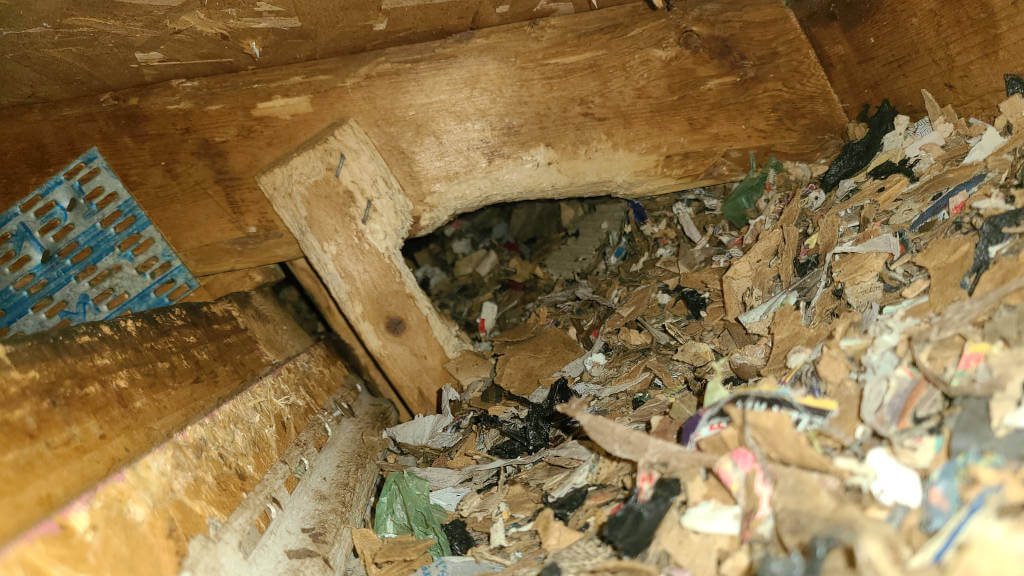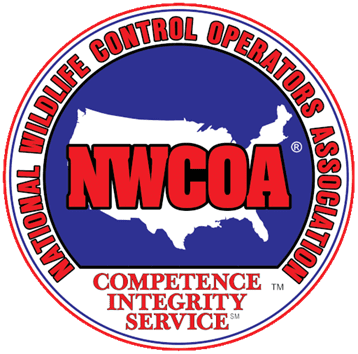We’re fast approaching winter here in Ohio, and humans are not the only ones preparing for the cold weather. Infestations of winter rodents are among the top pest issues reported by homeowners during the season.
There are many types of wildlife in Ohio that enter homes in the winter, seeking shelter from the cold weather. Birds, squirrels, and raccoons will take up residence in your home, garage, or shed for the winter. But common rodents like mice and rats can be some of the most difficult to control. This is especially true if a colony is allowed to become established, becoming an infestation.

When rodents overwinter in your home, they bring with them a variety of zoonotic diseases. These are diseases that can be spread from animal to human. They also bring disease-carrying fleas and mites with them, as well. Rodent-borne zoonotic diseases pass from animal to human in a variety of ways. Direct contact with infected rodents, touching contaminated materials, and even breathing in contaminated air can get you sick. Diseases can also spread from the bite of fleas and mites that have fed on infected rodents.
Winter rodents entering your home also bring with them the ability to cause serious damage to your home’s structure. Rodents will readily chew structural wood and electrical wiring. They will nest in home insulation, destroying the insulation over time both from nesting activity and the build-up of urine and feces they leave behind. Given enough time, a colony of winter rodents can cause thousands of dollars in damage to your home.
The best way to avoid issues with winter rodents in your home is to use proper exclusion and preventative trapping methods. Exclusion is the process of sealing up your home properly to stop or reduce the number of rodents entering the structure. Surprisingly, In terms of trapping, poisons and glue traps are not an effective or safe solution for rodent control. In fact, they’re not the solution that the Centers for Disease Control (CDC) recommends.
If you’re having issues with rodents in your home—or want to keep them from becoming an issue in the future—contact Summit Wildlife Control today at (330) 333-6545. We’re here to help!





